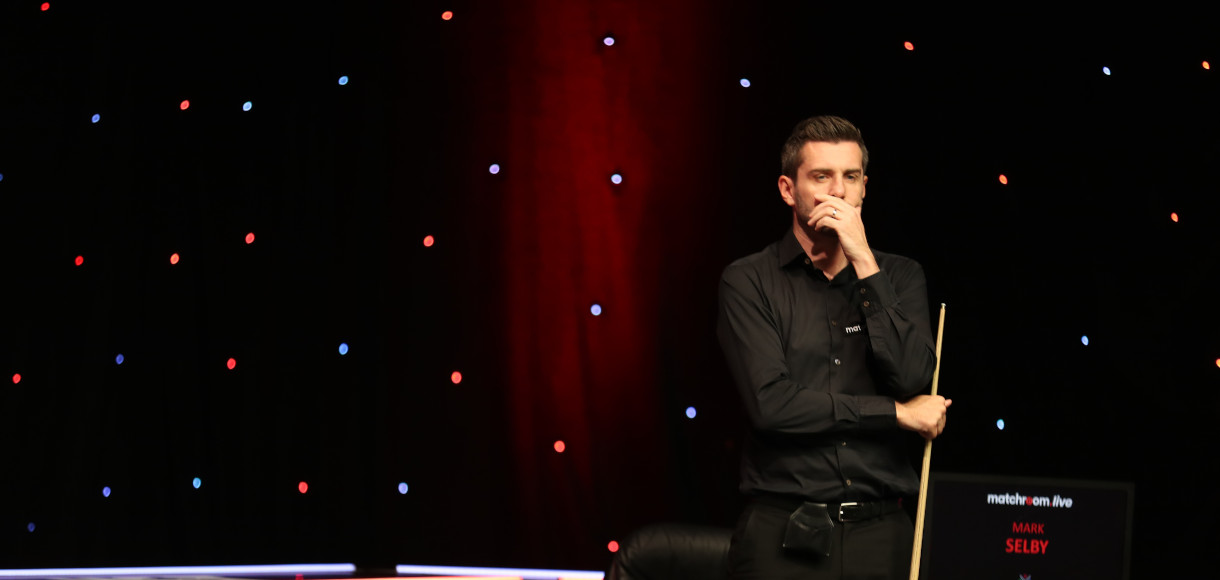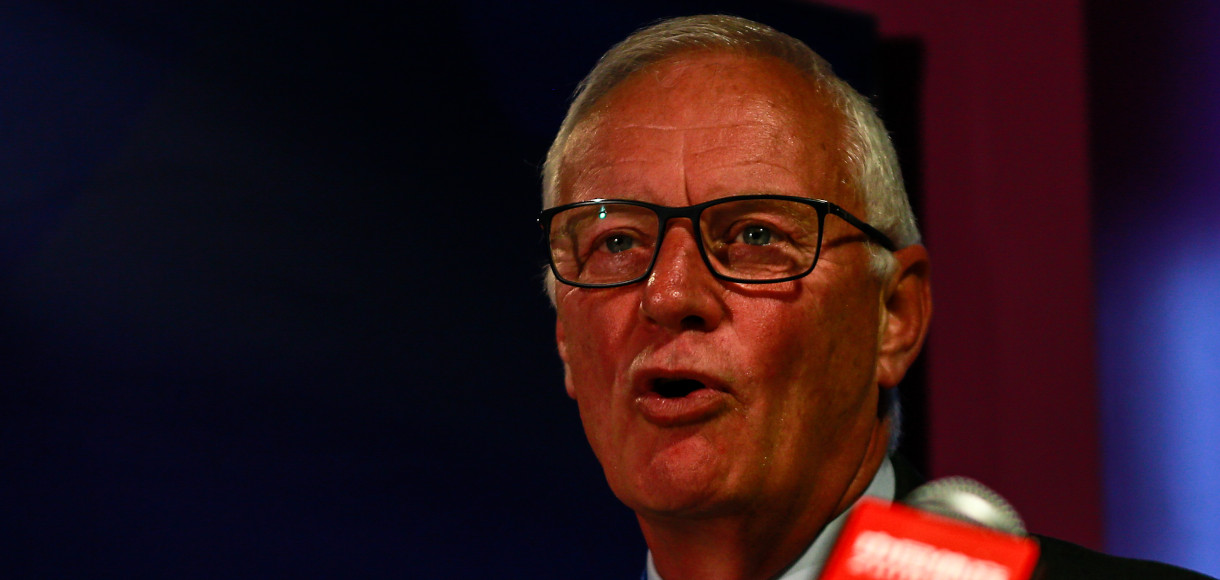In his own words: Barry Hearn on the state of snooker
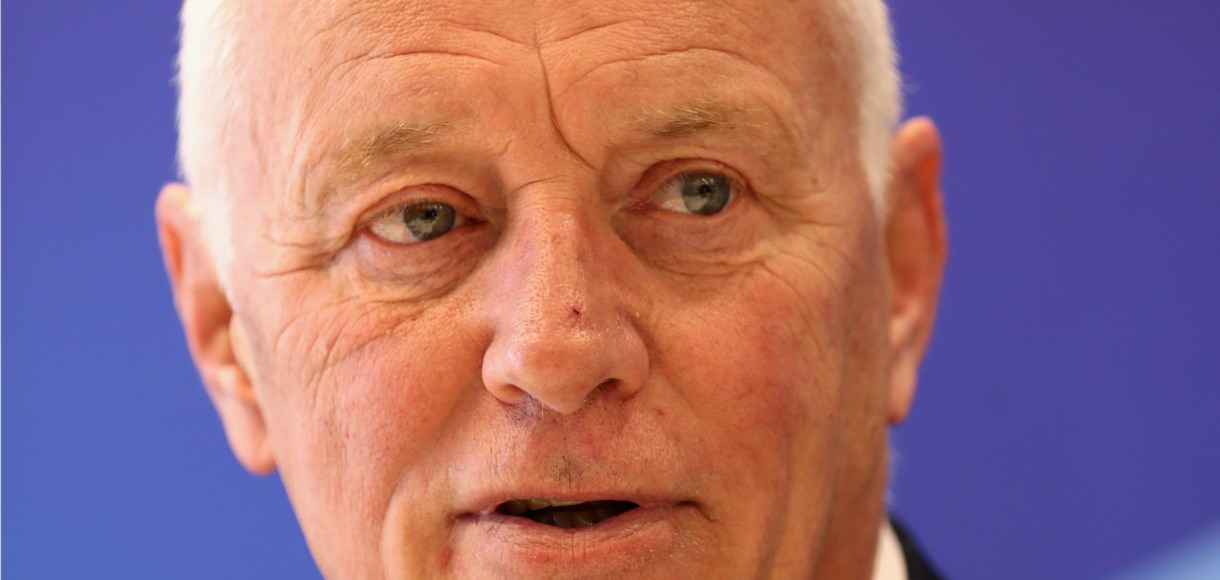
The World Snooker chief discusses global expansion, hectic schedules, and social media.
'We’re in a very strong place'
Without being complacent, the last six or so years have been super successful for snooker.
That's not just down to me, I've got a brilliant team that we've assembled. We're in a very strong place.
We are now obviously one of the biggest television sports in the world.
But you've always got to continue to push the boundaries of the sport, and more importantly make sure that a customer experience of those either attending or watching snooker is enhanced.
It's largely down to the players, but also down to us to make sure that we live in the real world with prices and facilities.
'Eurosport numbers are mind-boggling'
The market in China is fixed for 10 years with free-to-air on CCTV, but there are lots of other new territories where we can educate people to snooker.
Next year, we'll be making a push in the USA, which has never been done. Africa's getting bigger for it, India's getting bigger for it.
But there's a lot to do. The upward spiral in the next five years is my principal concern.
Europe continues to be dominant for us - the Eurosport numbers are just mind-boggling.
They're going to air over 1500 hours of snooker this year. Broadcasters don't put that much of a sport on unless it delivers, and snooker is delivering.
Normally you need heroes to help you promote sport, and whilst we've got some players coming through - people like the German player, Lukas Kleckers – this game is developing on the back of just being very good television viewing, and people want to go and watch it live.
I think the numbers that are coming out of western and central Europe are staggering, and put the game in people's minds at a level that has never been done before.
'Be professional, but be selective'
When I took over, the calendar was empty, and my first job was to fill the calendar up. This is the basic business principal of supply and demand.
It lays down two challenges to a player.
One, be professional, because this is not something that doesn't happen in other sports. Look at the tennis and golf circuits.
Two, where possible, be selective. I don't expect players to play in every event, tempting though it may be. But the danger is not taking too many tournaments off because the pack are closing.
The bottom players who want to become a top player will take every opportunity to climb the rankings by earning prize money by playing in all the events. That's one of the sacrifices you have to make if you really want to be a professional sportsman.
'Snooker is a soap opera'
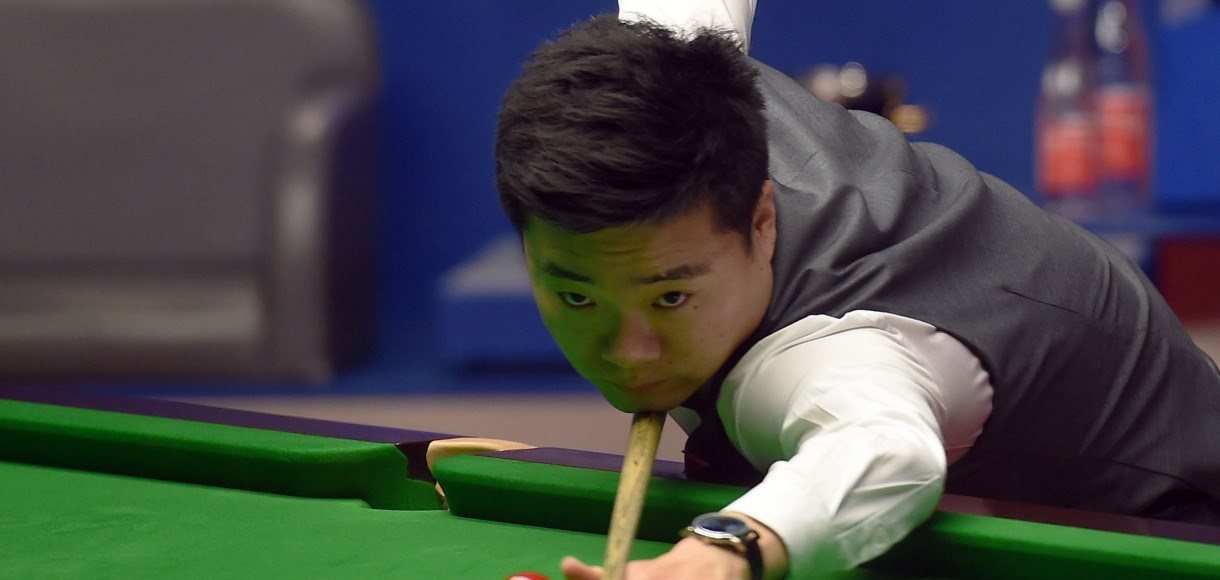
The system is exciting, it creates the news value and the social media value that we need to pump life into the sport.
Ding Junhui was 5-1 up against Leo Fernandez, for example, and he lost 6-5.
Was Ding tired? Was Leo inspired? It doesn't matter, it's a media story and that's how you build the sport.
It's a soap opera.
Some of the players are treading water, surviving, justifying their seeding. Others are looking over their shoulders: ‘This game's getting too tough for me.’
And others are saying: 'Wow, look at all this money. £14m in prize money, it only used to be £3.5m. I'm in the game at the right time.'
They are the ones who are pushing on and changing their lives.
And the story will evolve because the system is good. We have a brilliant ranking system in place that rewards opportunity and creates media stories in the same game.
'There are no gimmes, no salaries'
If I'm a young player with a tour card, the first thing I want to know is: 'When am I playing?'
The second thing I want to know is: 'How much am I going to earn? Can I make a living from this game? Can I pay my mortgage? Can I keep my wife and children happy?'
So you've got to be successful on the table. There are no gimmes, no salaries, not a job like that. It's down to you, because you're living the dream.
Can you seize the moment? Can you take this opportunity?
That comes down simply to being good enough, applied enough, dedicated enough, and if you're not you'll fall by the wayside.
You have to look at Luca Brecel, who's coming up from a long way out. He’s been a talented player for some time, but he seems to now have found his feet, and he's pushed up to No.13 in the world from 27 at the beginning of the season.
The other one who really catches the eye, of course, is the Chinese youngster, Yan Bingtao.
He was No. 56 at the start of the season, and he's up to No. 27. He seems to have momentum. He's going to challenge.
Kyren Wilson and Anthony McGill have made the biggest headroad over the last two years.
'Pick up the phone and talk to Bazza'
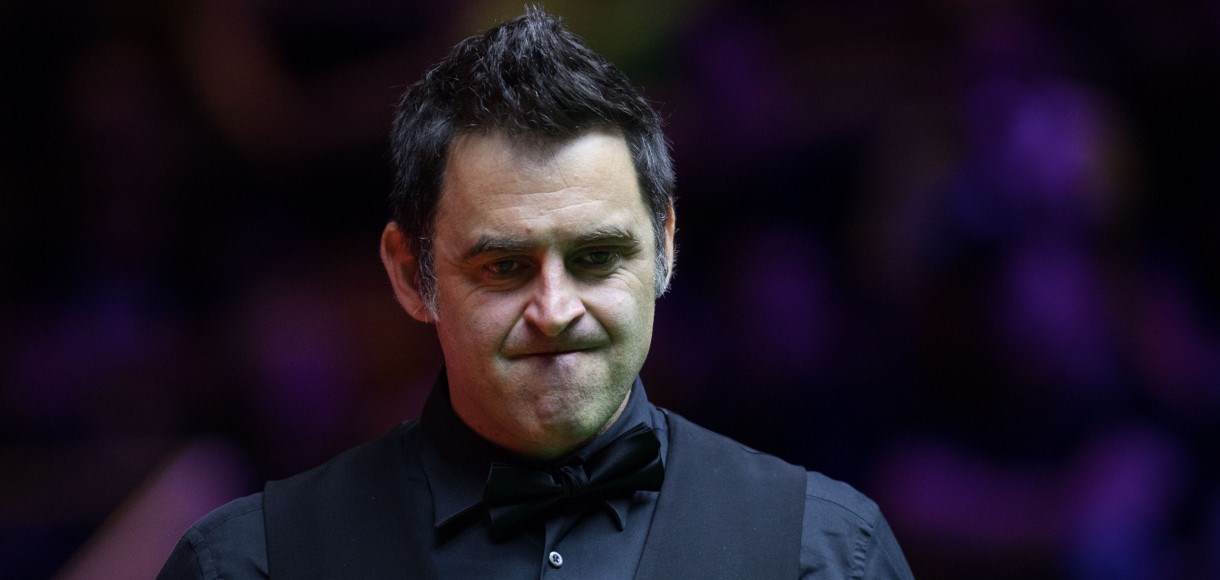
Social media is not a coward's retreat, but if you've really got something that you feel terribly passionate about, the lines of communication to me are open 24 hours a day.
The ultimate opportunity to bring up a problem is to pick up the phone and talk to Bazza.
Someone once said to me: 'Never tweet when you're drunk.'
I always say to players: 'Never tweet when you've just been beaten, because it will usually be something you regret in the morning.'
I think it comes down to context. We're trying to educate players to utilise the benefits of social media – the interaction with fans, the fact that you can put a point across.
But you have to do it in a mature, professional, sensible way. And sometimes they don't. And that sometimes involves disciplinary action, which is unfortunate, but necessary.
We're not dealing with robots here. We're dealing with human beings, and I hope at World Snooker we acknowledge that.
'Ronnie’s comments drive me crazy'
A famous philosopher said: 'I fight with my life against the words you say, but defend with my life your right to say them.'
That's the principal of democracy, and I think we should all follow that.
Ronnie will drive me mad with lots of crazy comments, but I think we'd be poorer for not having them out there.












